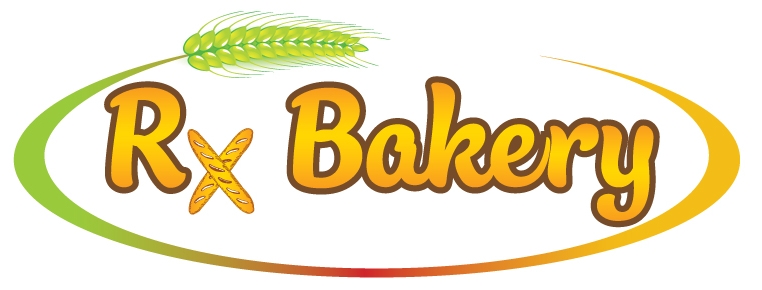Meet the Grain: Einkorn
Einkorn wheat (triticum monoccocum) was one of the first plants to be harvested and cultivated for food. It originated from two archaeological sites in Turkey around 10,000 years ago. The remnants of Einkorn wheat was found in the oldest known well-preserved human mummy called Ӧtzi, who lived around 5,300 years ago.
Einkorn in German means “single grain”. Einkorn grains have very tough hulls or “husks” that tightly enclose the grains, therefore making it very difficult to separate the husk from the seed. Hence, it’s often called “enclosed wheat”.
As the result of a simpler genetic composition, Einkorn has a low natural gluten level and produces a different kind of gluten compared to the modern wheat because it does not contain the D genome. This is important because most common tests used to detect gluten is based on the presence of the D genome.
Einkorn does contain gluten that includes the A genome, however, some people with wheat sensitivity have been able to digest Einkorn grains more easily. It should be noted that all gluten-containing products, including Einkorn, should be avoided in people with celiac disease, wheat allergy, and a high level of gluten sensitivity.
The size of Einkorn grains is smaller than common wheat berry. Bread made with Einkorn grains keeps moisture well with a rich, nutty flavor and an open golden-brown crumb.
Despite its smaller size, Einkorn is considered more nutritious than modern wheat. It contains more protein, riboflavins, vitamin A, beta carotenes, and lutein.
Riboflavins plays a key role in promoting energy production, such as iron metabolism to make red blood cells and antioxidant protection. Einkorn has 4 to 5 times more riboflavins than modern wheats.
Vitamin A and lutein are essential for healthy eyes, reducing the rate of age-related macular degeneration and cataracts. Einkorn contains 2 times more Vitamin A and 3 to 4 times more lutein than modern wheats.
Beta carotenes play a role in preventing cancer, heart disease, and boosting immunity. Einkorn contains 3 to 4 times more beta carotenes than modern wheats.

